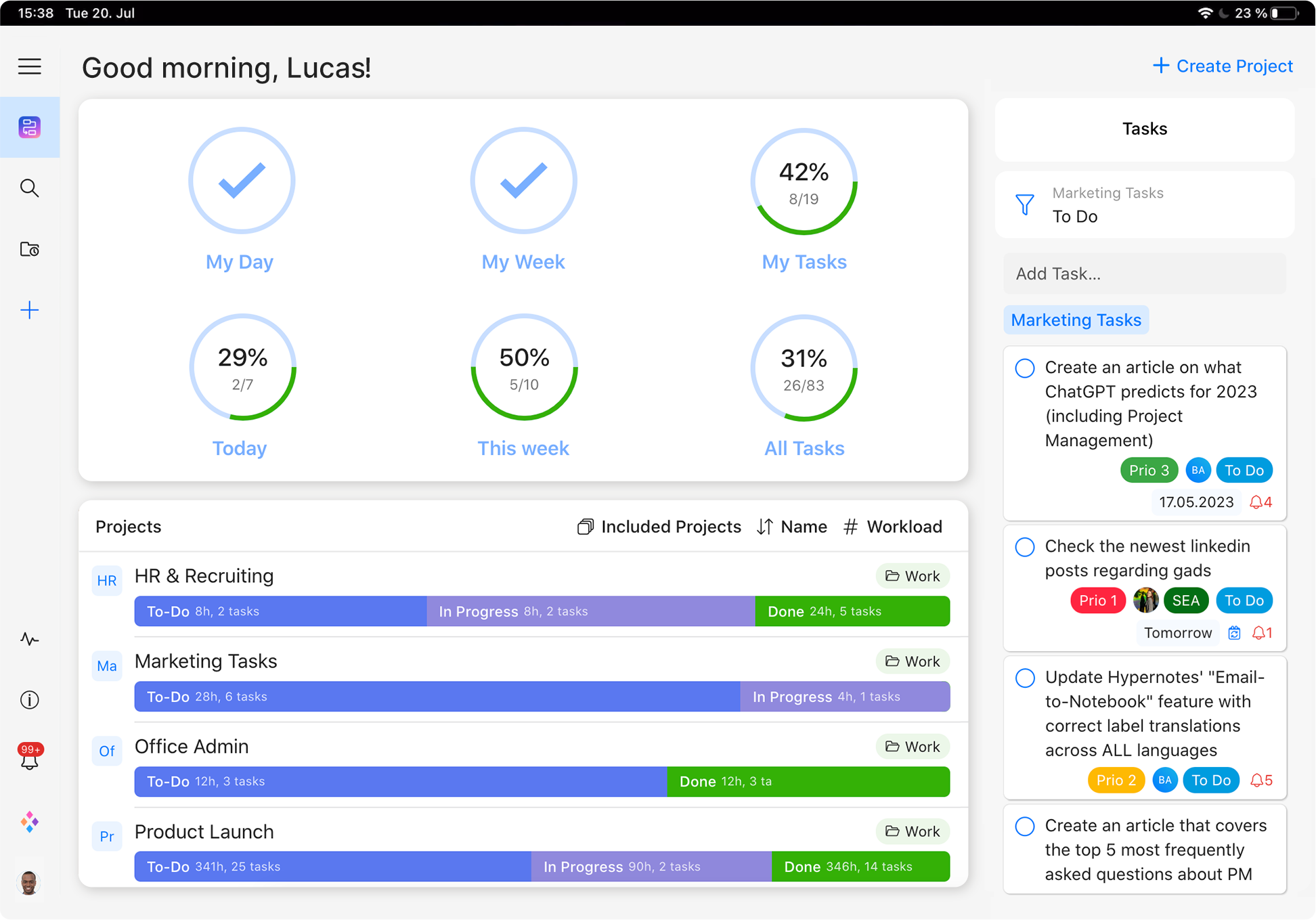How to Establish a Night Routine to Influence Your Daytime Performance
Because a productive start to the day begins the night before

What do Bill Gates, Oprah Winfrey, and Arianna Huffington have in common? Apart from being considered influential people by Time magazine at one point in their lives, they all swear by a night routine. (Could be a correlation there perhaps?)
A few weeks ago, I spoke about how having a productive morning routine can impact your performance for the day. Well, now I’m here to tell you that having a night routine can also have a similar effect. In this article, I’ll talk about why having a night routine is important for not only well-rested sleep but for how you perform the following day too.

What is a Night Routine?
A night routine is the same as a morning routine, except done the opposite time of the day. It’s a repeated system of habits that helps you wind down and conclude your day, preparing you for some well deserved shut eye and for the following day ahead.
Why You Should Have One
1. To relax and unwind
For many of us, work can be stressful and after a long day’s worth of it, climbing into bed with lingering thoughts can make it difficult to fall asleep. Implementing a night routine can assist with de-stressing and ease you into bedtime.
This time of day is also ideal for reviewing the tasks you have achieved and writing down your to-do’s for the next day. Transferring your responsibilities from your thoughts into words can help to alleviate stress and the weight of it all.
2. For a better night’s sleep
As we all know, getting a sufficient amount of sleep plays a vital part in how we perform during the day. The average adult is recommended to have six to eight hours of sleep every night, however, this figure varies depending on factors such as lifestyle and age. A constant lack of sleep can also be detrimental to your health, with diseases such as obesity and diabetes at risk.
A good night’s sleep, however, isn’t just about the quantity. The quality of it also plays a huge part. According to the National Sleep Foundation, sleep quality refers to falling asleep in 30 minutes or less, sleeping soundly throughout the night with no more than one awakening, and drifting back to sleep within 20 minutes if you do wake up.

3. To get accustomed to habits
As explained by Professor Brian Martin of the University of Wollongong, “habits are something we do regularly without consciously thinking much about them.” They allow us to save brain power for more pressing matters and shape our everyday lives.
In his book “The Power of Habit”, Charles Duhigg asserts that being able to form habits and routine can have a positive effect on your life. If you feel like there is something lacking or you desire a change, being able to transform a habit is what can determine a successful or failed result. So in this instance, if you feel like your performance and productivity during the day can do with a bit of a boost, then it may be worth investing in a night routine.
What to Include in Your Night Routine
How you go about your night routine is entirely up to you. It can have as many or as little tasks as you want. Just remember that the aim of having one is to help you wind down and relax before you go to bed, so ensure the activities you include aid in doing just that.
To develop a habit, I find that creating a checklist and listing your activities in sequential order is best practice. This acts as a guide when you’re starting out, and once the list is followed a few times over, your routine will become second nature.
Tips on what to include in your night routine for a more productive morning:
✔️1. Forgo the late afternoon coffee
The effects of caffeine can last up to four to six hours, so to ensure you have a good night’s sleep, waive the four o’clock coffee or energy drink. Instead, opt for a herbal tea or any decaffeinated drink.
✔️2. Stop checking emails
While I understand that for many of us, work doesn’t stop once we leave the office, it is important to have a deadline on when to switch off from work mode entirely. Doing this enables you to enjoy your evening free from any distractions.
✔️3. Block off time for family
Whether it’s dinner or an activity, spending time with family can be a great way to unwind. Dedicating time free from distractions allows you to be completely present in the moment and to truly enjoy time with your loved ones.

✔️4. Prepare your meals
Putting together your breakfast and lunch in the evening reduces the time you’d otherwise have to spend in the morning. Planning your meals ahead will keep you organized and can ensure you maintain a healthy diet.
✔️5. Lay out your clothes
Just like your meals, having your work and/or gym outfit ready for the following day will also give you more time in the morning and reduce the chances of decision fatigue.
✔️6. Tidy up
Spending 10 minutes or so tidying up around the house will not only help with the general upkeep of your home, but it’ll also allow you to sleep more peacefully as you’ll be in a clutter-free environment.
✔️7. Avoid alcohol and fatty foods
Consumption of fatty foods can make it harder to fall asleep as it takes longer to digest. Alcohol is also a no-go because it won’t give your body the deep sleep it needs. If you find that you do get peckish late at night, go for foods that release serotonin such as high-fiber cereal and milk or wholegrain crackers with cheese as they can help calm you down.
✔️8. Assess your to-do list
Looking at your list and reviewing what you’ve achieved for the day will help you with planning out your priorities for the following day. Preparing your list the night before scales down decision making in the morning which leaves you ready to go once you wake up.

Keep track of your to-do lists with ease.
Sign up for free today!
✔️9. Shut off screens an hour or so before bedtime
The blue light from our smartphones, tablets, and computers can affect our quality of sleep, so it’s best to avoid them at least an hour before bedtime. To go that extra mile, you could take cue from The Huffington Post’s co-founder and editor-in-chief, Arianna Huffington, and keep electronic devices out of your bedroom completely.
✔️10. Start to unwind
Once you’ve completed all the other tasks, it’s time to indulge in an activity that will keep your mind at ease. Whether it’s reading for an hour like Bill Gates or meditating like Oprah Winfrey, remember that the purpose of your night routine is to help you relax, so find something that will enable you to do so.
Final Thoughts
Being well rested and ready to tackle the day ahead can be the result of a carefully crafted night routine. But just like any other routine, establishing and perfecting it will take some work (so don’t expect to be on that Time list straight off the bat).
Not only will you have to concoct the ideal list of tasks that will help you stay organized and relaxed, but you also have to take the necessary steps in order for the habits to form. Sure it may take a bit of time and effort, but all around, it is something worth investing in if it’s a better daytime performance you were after.
And finally, keep in mind that you may not get the perfect list at first go, so don’t fret at the thought of having to take out and add various tasks as you go long—”trial and error” as they say.
What does your night routine include? Don’t forget to share your insights in the comment section 🙂
Cheers,
Dinnie and the Zenkit Team
FREE 20 MIN. CONSULTATION WITH A PROJECT MANAGEMENT EXPERT
Wanna see how to simplify your workflow with Zenkit in less than a day?
Book a Live Demo